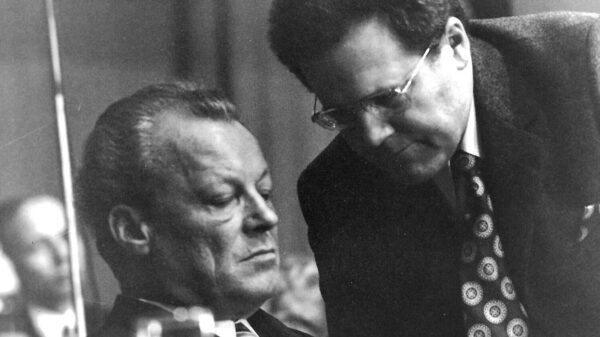|
Getting your Trinity Audio player ready...
|
We live in an age where truth is trapped in a hall of mirrors, its reflection distorted by lies that multiply endlessly, guarding every exit. Every claim is met with its counterfeit, and every fact is drowned in a sea of manufactured doubt. Misinformation is no longer just an occasional falsehood—it is a weapon, wielded with precision to distort reality itself.
This era of deception did not arrive overnight. The tools of manipulation—propaganda, strategic ambiguity, and outright falsehoods—have always been present. But never before have they been so accessible, so pervasive, or so deliberately cultivated. From Machiavellian statecraft to media-driven illusions, deception has long been the lubricant of power.
As Niccolò Machiavelli wrote in The Prince, “One who deceives will always find those who allow themselves to be deceived.”
The 20th century saw propaganda machines at their peak—Goebbels’ mastery of Nazi disinformation, Stalin’s rewriting of history to erase political adversaries, and the Vietnam War’s “credibility gap,” where officials fed the public illusions of progress. These tactics are not relics of the past; they are blueprints for the present.
Today, social media spreads falsehoods faster than truth can catch up. Political actors openly embrace disinformation—not as a last resort, but as a primary strategy. The result? An electorate exhausted by contradiction, unable to distinguish fact from fabrication.
Lies no longer just obscure the truth; they barricade it.
This is not a new trick—history is littered with regimes that understood deception as the key to survival. The Roman Empire rewrote history to justify its conquests, portraying enemies as barbarians and rulers as divinely ordained. Centuries later, the McCarthy era weaponized deception to silence dissent, where accusations alone were enough to destroy reputations.
George Orwell’s 1984 warned of a world where “the very concept of objective truth is fading out of the world. Lies will pass into history.”
Today, false narratives are reinforced by echo chambers, where any attempt to correct them is dismissed as partisan trickery. The very institutions meant to uphold truth—journalism, academia, even the courts—are under relentless attack, their credibility eroded by those who benefit from deception.
From Orwell’s dystopian warnings to modern movements that reject scientific consensus, history makes one thing clear: deception thrives when truth is cast as the enemy. And when deception becomes the default, the pursuit of truth is not just difficult—it is dangerous.
The consequences are real. The Soviet Union’s collapse was fueled by decades of self-delusion—leaders refused to acknowledge economic decay and unrest until it was too late. Similarly, the 2008 financial crisis was built on layers of deception within the housing market, where bad loans were disguised as safe investments until the entire system imploded.
As Winston Churchill observed, “A lie gets halfway around the world before the truth has a chance to get its pants on.”
Today, we face crises where truth is not just debated but outright denied. Policy decisions are based on ideological fantasies rather than facts. Public health, climate action, and even democracy itself are imperiled when people cannot agree on a shared reality. A society that no longer trusts truth is a society teetering on the brink of collapse.
If we are to escape this hall of mirrors, we must first recognize it for what it is.
History teaches us that truth, though often buried, has a way of resurfacing. The Pentagon Papers exposed the deceptions of the Vietnam War. The Watergate scandal unraveled a presidency built on lies. The Civil Rights Movement shattered the myth of “separate but equal,” revealing the brutal reality of systemic racism.
As the writer Upton Sinclair noted, “It is difficult to get a man to understand something when his salary depends upon his not understanding it.”
Breaking through deception requires more than just calling out lies—it demands exposing the systems that allow them to thrive. The battle for truth is not fought in grand gestures but in daily acts of vigilance: questioning sources, demanding accountability, and refusing to let deception go unchallenged.
As history has shown, deception may dominate for a time. But truth, when persistently pursued, has the power to prevail.





















































